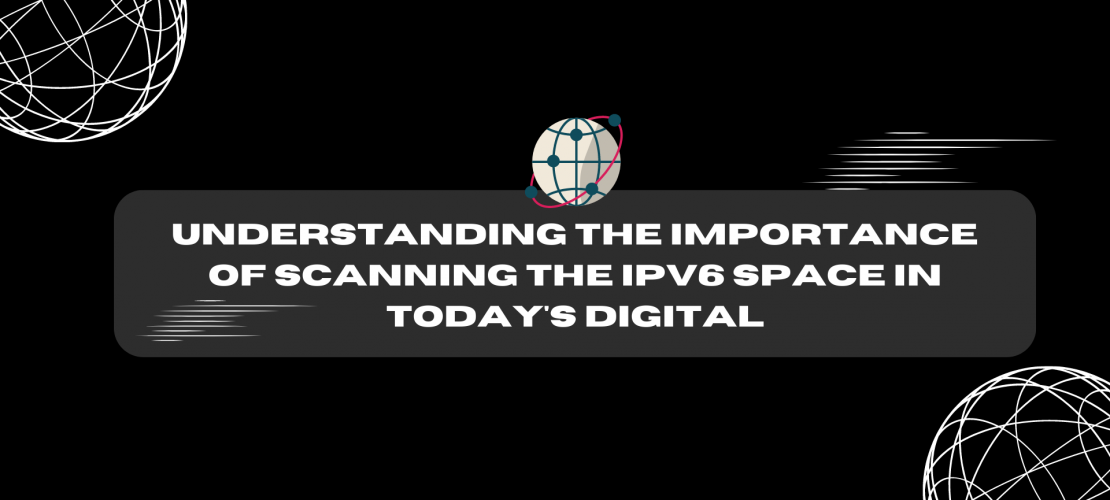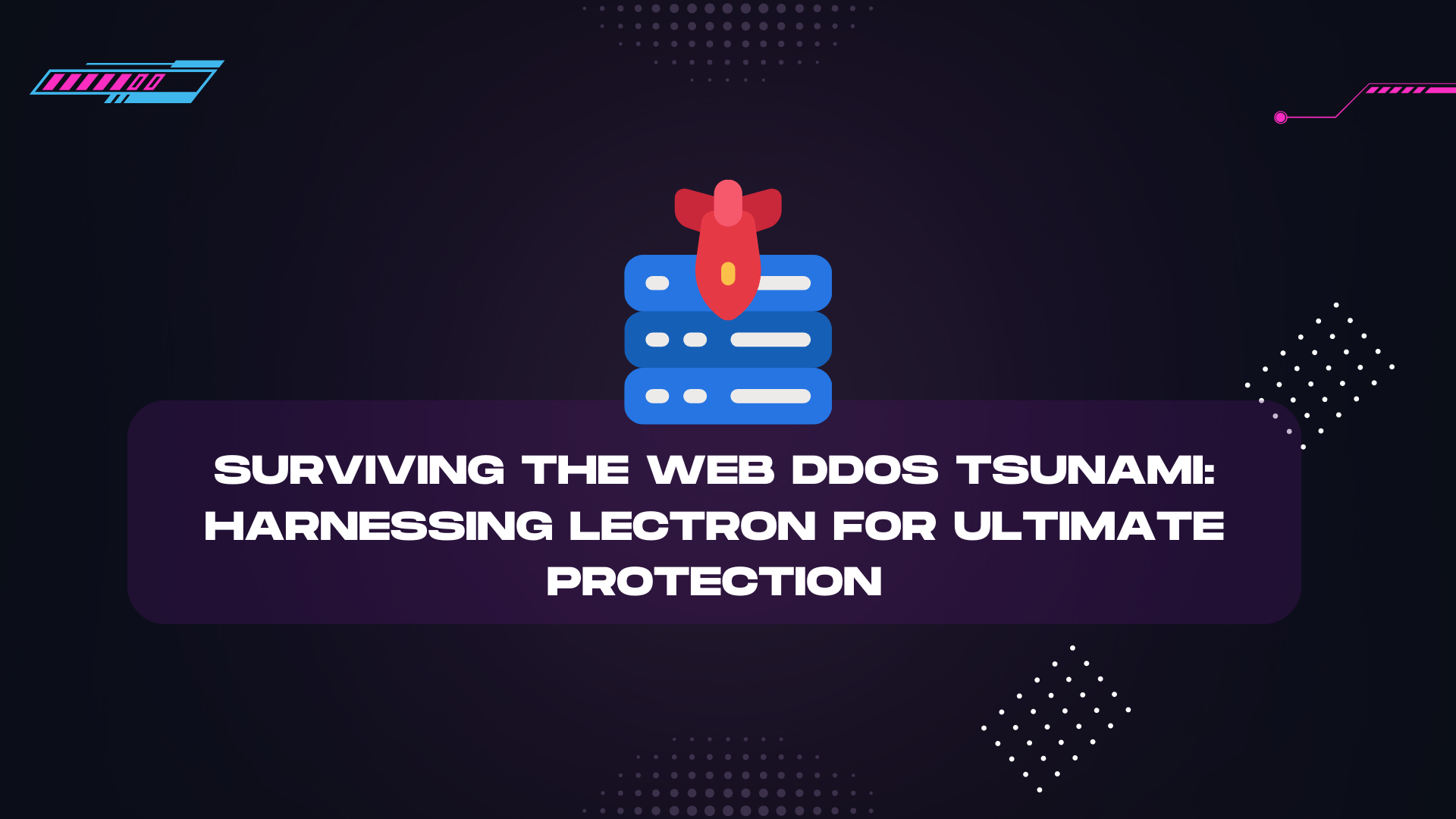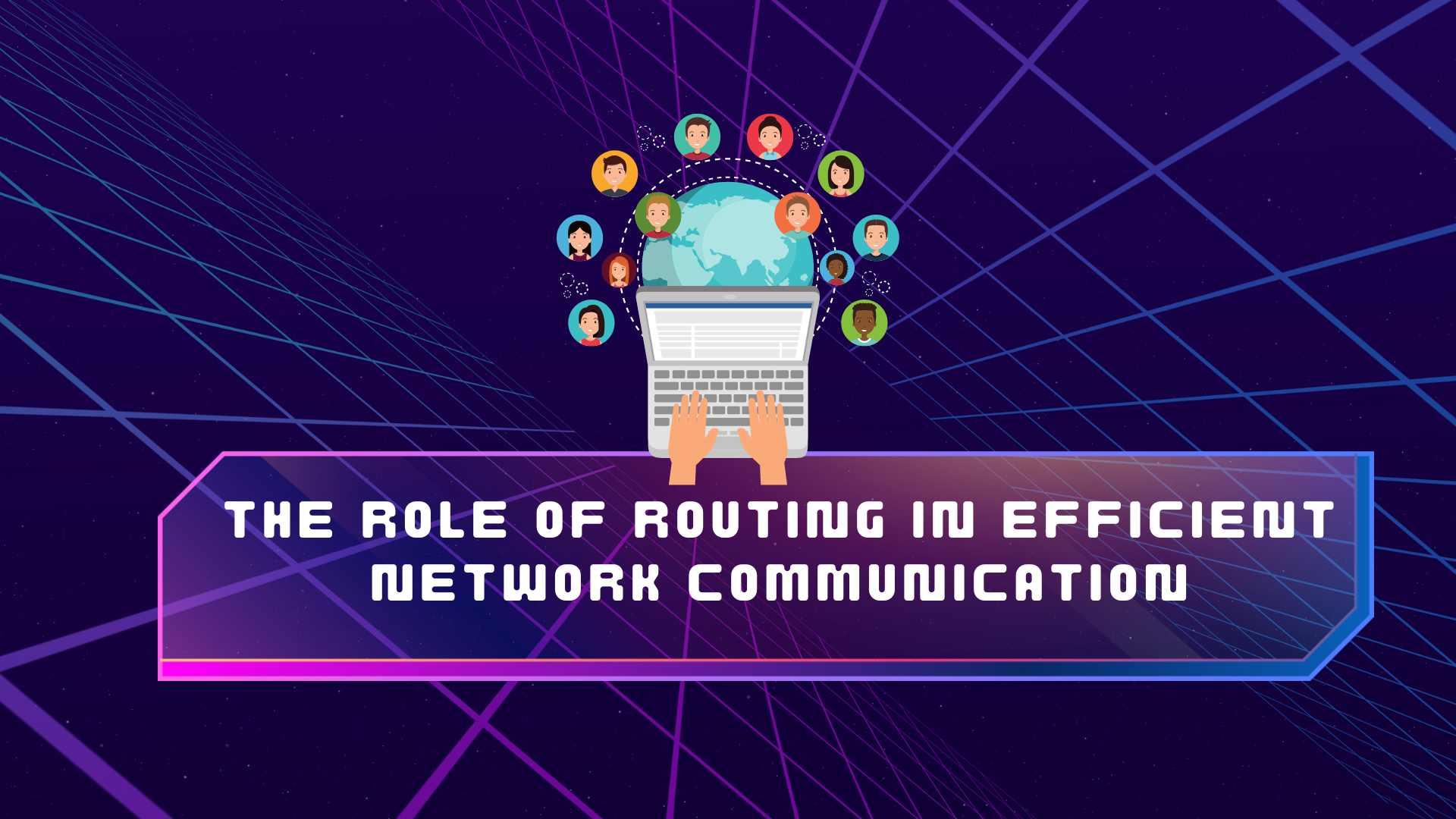The realm of the internet is rapidly expanding. As we outgrow the limitations of IPv4 (Internet Protocol version 4), the transition to IPv6 (Internet Protocol version 6) has become inevitable. With this shift comes a range of new opportunities, but also a host of security challenges. One crucial aspect of navigating this new landscape securely is scanning the IPv6 space, an activity that’s crucial in the current digital era.
Demystifying IPv6
Before we dive into the significance of scanning the IPv6 space, it’s crucial to understand what IPv6 entails. IPv6 is the most recent version of the Internet Protocol, the system that provides an identification and location system for computers on networks and routes traffic across the internet. The primary driver behind the transition to IPv6 is the need for more IP addresses, as IPv4 addresses are running out.
Understanding IPv6 Scanning
IPv6 scanning is essentially a method used to discover and identify IPv6-enabled devices on a network. It is analogous to IPv4 scanning but presents a far greater challenge due to the vastly larger number of possible IPv6 addresses. This makes exhaustive scans practically impossible, necessitating more advanced scanning techniques.
Importance of Scanning the IPv6 Space
Let’s now explore why scanning the IPv6 space is so essential in today’s digital era.
- Enhanced Network Visibility: Scanning the IPv6 space provides network administrators with enhanced visibility into the devices on their networks. This includes both authorized devices and potential rogue devices, helping to secure the network.
- Identification of Vulnerabilities: Regular scanning can help identify potential vulnerabilities in IPv6-enabled devices, providing the opportunity to address these vulnerabilities before they can be exploited by malicious actors.
- Security Compliance: Regular IPv6 scanning can be an important part of ensuring compliance with various cybersecurity standards and regulations, which often require regular network scanning to identify and address vulnerabilities.
- Network Optimization: Beyond purely security considerations, scanning the IPv6 space can also provide valuable information for network optimization. This can include identifying underutilized resources, optimizing network performance, and planning for future network expansion.
Challenges and Solutions in IPv6 Scanning
While scanning the IPv6 space is crucial, it does present unique challenges, largely due to the sheer size of the IPv6 address space. This makes conventional scanning methods used for IPv4 ineffective.
To navigate these challenges, organizations must adopt more sophisticated scanning techniques. These can include techniques such as DNS reverse-mapping, leveraging network logs, using protocols like ICMPv6 to discover devices, or employing heuristic scanning methods based on observed IPv6 address patterns.
In conclusion, as we transition into the IPv6 era, scanning the IPv6 space will be a crucial task for ensuring network security and optimization. While this task presents its unique challenges, adopting advanced scanning techniques can help organizations maintain robust and secure networks in the IPv6 era. As we move forward, maintaining a clear understanding of the IPv6 space will be critical for navigating the digital landscape of the future.




